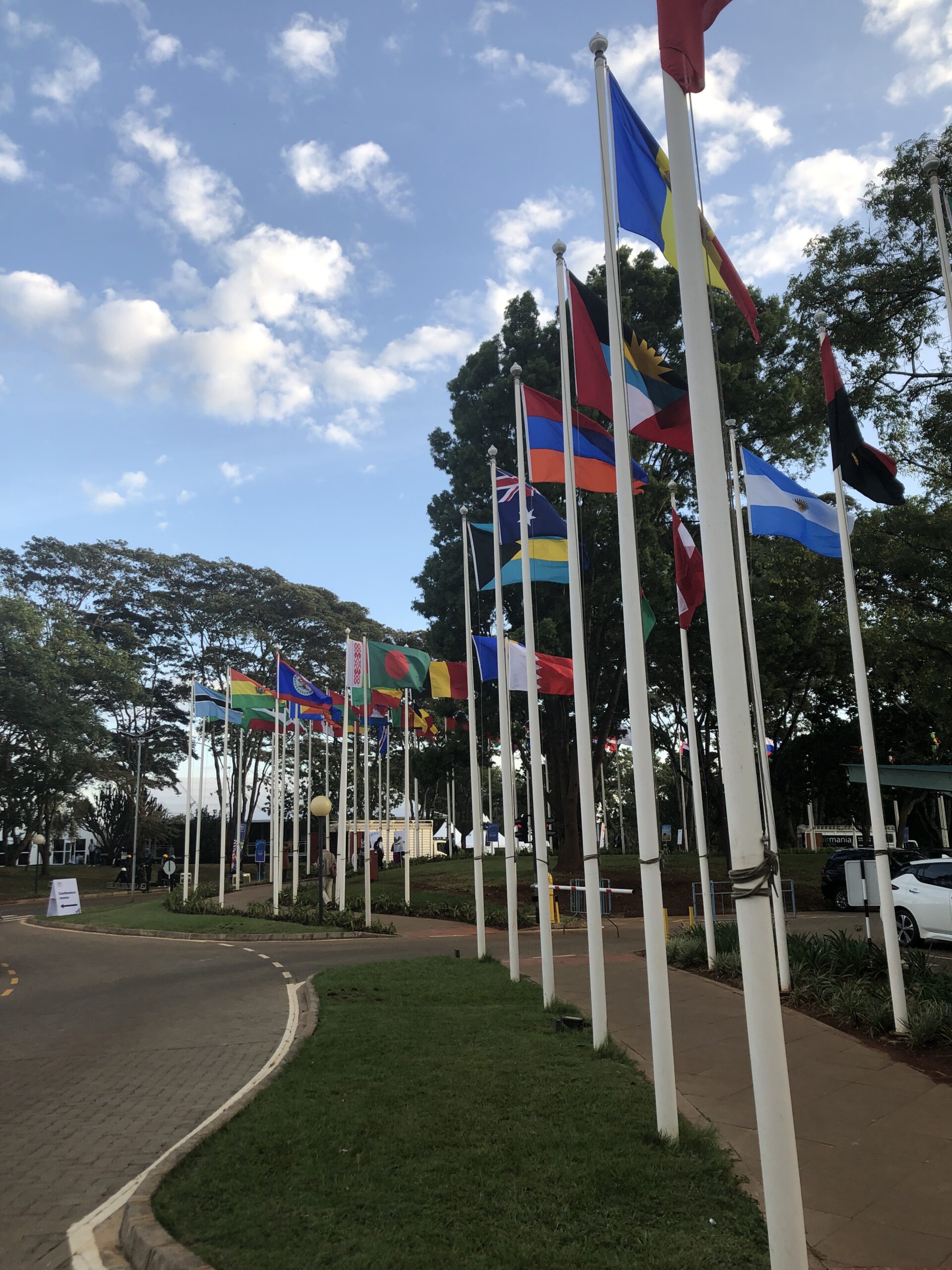climate governance
Reflections from a Member of the SCoPEx Advisory Committee
Sharing my lessons
After many years of work, the Stratospheric Controlled Perturbation Experiments (SCoPEx) Advisory Committee concluded our work earlier this year after the research team at Harvard made the decision to cancel the experiment. I was a member of the Advisory Committee for much of its time, serving as chair and co-chair of the committee for …
Continue reading “Reflections from a Member of the SCoPEx Advisory Committee”
CONTINUE READINGThe global conversation about solar geoengineering just changed at the UN Environment Assembly. Here’s how.
Duncan McLaren and Olaf Corry reflect on the implications of the UNEA-6 non-decision on solar radiation modification for research and governance
As we wrote in part 1, a Swiss-led proposal to the UN Environment Assembly (UNEA) to establish an expert group on solar radiation management (SRM) proved divisive and was eventually withdrawn. Here we explore why, and what that means for any global conversation about SRM. SRM has long generated concerns that, as a powerful lever …
CONTINUE READINGCountries failed to agree first steps on solar geoengineering at the UN. What went wrong?
Duncan McLaren and Olaf Corry observed as diplomats in Nairobi wrestled with a resolution on solar radiation management
In the last weeks, diplomats from all over the world were negotiating more than twenty draft resolutions at the UN Environment Assembly (UNEA). The Assembly is a biennial intergovernmental meeting which sets the global environmental agenda. It also sets the strategy for the UN Environment Programme (UNEP), and outlines policy responses to address emerging environmental …
CONTINUE READINGPandemic Lessons in Governance
What have we learned about dealing with mega-risks?
The response to the COVID-19 pandemic has driven home some lessons about governance. Those lessons have broader application — for instance, to climate governance. We can’t afford for the federal government to flunk Crisis Management 101 again. Here are five key lessons: 1. Effective leadership from the top is indispensable. Major problems require action by …
Continue reading “Pandemic Lessons in Governance”
CONTINUE READINGBottoms-Up! An Emerging New Governance System (4)
We can think of the energy system as a kind of ecosystem, and renewables as an invasive species.
As I’ve discussed the earlier three posts in this series, it is possible to imagine a cycle of positive feedback, in which the history of past climate efforts increases the likelihood of future ones and even draws more jurisdictions into the effort. But it is also possible to imagine that bottom-up efforts might not catch …
Continue reading “Bottoms-Up! An Emerging New Governance System (4)”
CONTINUE READING






